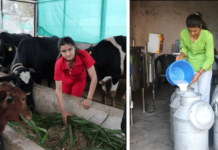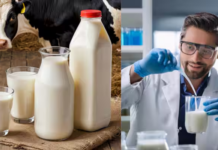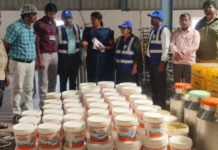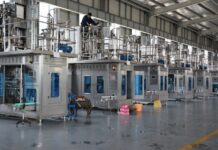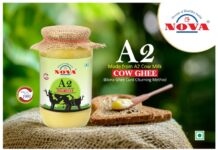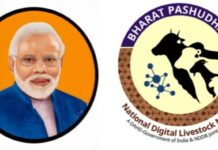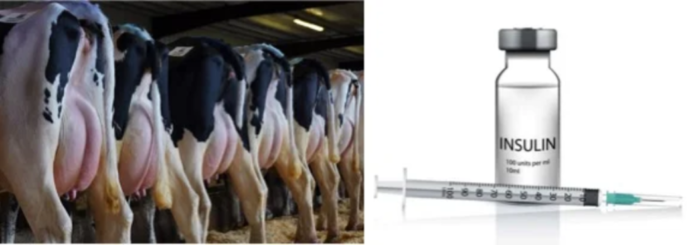For millions of diabetics worldwide, access to insulin is a constant struggle. But what if the answer wasn’t in a high-tech lab, but grazing away peacefully in a pasture? A new study suggests genetically modified cows could become insulin factories, producing a potentially cheaper and more accessible solution.
Researchers from the University of Illinois and the Universidade de São Paulo teamed up to create this bovine biofactory. They strategically inserted a snippet of human DNA coding for insulin into cow embryos. The result? One healthy calf with the remarkable ability to produce human proinsulin, the precursor to insulin, in her milk.
“Think of a cow’s mammary gland as a protein production powerhouse,” explains Matt Wheeler, lead author of the study. “We’re essentially giving this natural system a nudge to create something that can benefit hundreds of millions of people.”
This experiment is a significant leap forward, but the team is working on refining the process. They’re aiming to create transgenic bulls that can pass on the insulin-producing trait, allowing for a dedicated herd specifically designed for insulin production.
Here’s the exciting part: a single cow, producing just a gram of insulin per litre of milk, could generate a staggering amount. “That’s equivalent to tens of thousands of insulin units,” says Wheeler. Imagine a small herd, the size of a typical dairy farm, churning out enough insulin to supply an entire country. Or perhaps, it could produce enough to cover almost eight years’ worth of insulin for a type 1 diabetic!
This approach offers several advantages. Unlike traditional methods that rely on complex machinery and bacteria, cow-based insulin production could leverage existing dairy infrastructure. “We already know how to care for cows,” says Wheeler. “This could be a much more accessible way to produce insulin.”
While there are still hurdles to overcome – like FDA approval and building an efficient purification system – Wheeler is optimistic. Compared to the high-tech facilities needed for traditional insulin production methods, this bovine approach could be a game-changer according to the reports published in dairynews7x7.com .
For now, this breakthrough allows us to bask in the marvellous possibility of a future where access to life-saving insulin is no longer a distant dream!
The findings of this research have been detailed in the Biotechnology Journal



